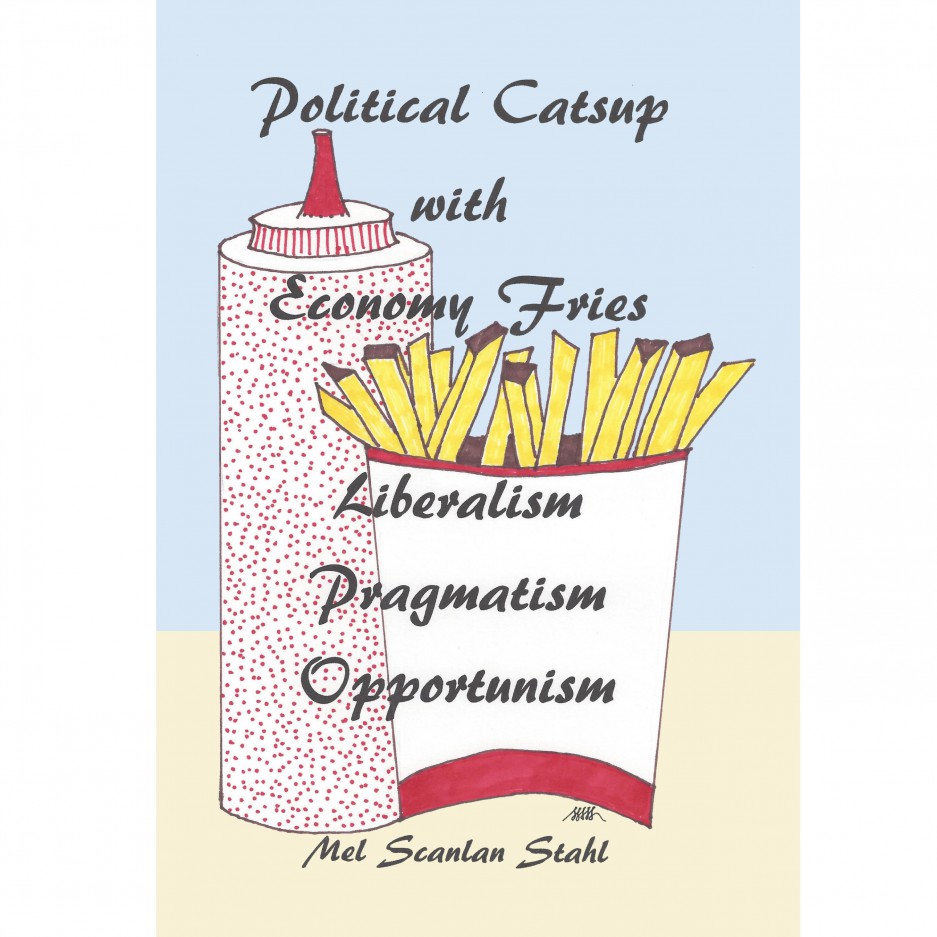People remembering neoliberalism will surely remark that the drive to centralize led to social failures. Obamacare was a huge effort to centralize healthcare, for example. Americans were told lies to get the public’s support. Those lies included first, the idea of free care. Under a lackluster economy many Americans found healthcare unaffordable and some were willing to believe that they could avoid high costs under a public program. But an economy is a whole thing. Costs can’t be shifted outside of itself. When a public program will pay any price, inflation adds to the public’s debt and healthcare expenses go beyond affordability. The idea that insurance premiums wouldn’t increase was a fallacy. So was the idea that people could keep their favorite doctors. Many doctors weren’t included under Obamacare and others were driven out of healthcare. Dentists were excluded altogether and some dental practices failed after the Great Recession. Obamacare failed to provide better care and its cost drove Americans away. It caused lifespans to diminish. Allowing insurance companies to write Obamacare legislation led to bad laws and eventually to more fraud in healthcare. Giving pharmaceutical companies free rein to sell opiates and psychotropic drugs also injured people and caused deaths. Anti-monopoly laws and anti-trust laws weren’t enforced in healthcare.
Another tragic centralization was initiated by banking deregulation coupled with easy money policy (low-interest rates for loans). That led to fewer larger banks that could borrow money to risk it in markets. American banks under the Greenspan Put expected American taxes to backstop their losses during the Great Recession. Banks lost sight of the importance of solvency because the Federal Reserve promised to save them. It was like the Federal Reserve giving a subsidy for failing. Zero interest rate policy took money from savers who couldn’t earn any interest and that hurt old people who needed that interest money to pad out their expenses after they retired. Mergers and acquisitions led to the failure of American businesses as their assets were diverted into investor’s pockets and their employees lost out. Short-term job security undermined markets that required long-term investments like the American education system and American real estate marketplace. With job insecurity it became too scary to buy a house or get an education. Inflation in real estate and at the university also drove people away.
Under a centralized economy, neoliberals had less successful innovation. Many stories circulated about revolutionary innovations in healthcare and in energy technologies. Stories about stem cell treatments that promised to alleviate the suffering of elderly people with damaged organs or tissues or bones never seemed to amount to anything real. Curative stem cell treatments failed to take the place of older treatments that would never cure illness. Neoliberals wanted sick people to stay sick so that they could buy more healthcare. Likewise, fusion energy innovation seemed to always be slower than needed in an economy suffering under high energy costs. Low energy nuclear reactions seemed to promise room temperature superconductivity and limitless energy but never came to market in the U.S. Vested interests in established markets worked to slow progress rather than to speed it. Meanwhile algorithms were substituted for human judgement and whenever a problem came up from using an algorithm, no one was blamed. Bad algorithms led to teacher shortages when teachers were unfairly evaluated. Bad market algorithms led to inappropriate risk and caused the Great Recession, leading to losses in real estate values and millions of foreclosures. Algorithms inaccurately predicted catastrophic global warming that was a fantasy of inappropriate computer rounding and inaccurate temperature monitoring. Neoliberals wanted carbon taxes to pad their budgets.
Neoliberals also lost the ability and the opportunity to change course in response to policy failures. Bickering among competitors for economic and political power was rampant. This bickering undermined coherency in attaining society’s goals and even undermined a coherent narrative about goals worth pursuing. Fraud and dishonesty became the hallmark of neoliberal press. Organizations–think tanks– that were protected from taxation and that were supposed to find and promote good policies failed to do so. Their focus became too short-term for long-term success. Think tank failures and corruption led the public to distrust the three branches of government. The Legislative, Executive and Judicial branches failed to perform their primary functions. The legislature failed to write good laws. See Obamacare laws and banking deregulation under the Clinton Administration, for example. The Executive failed to enforce existing law. The Bush Administration and the Obama Administration, for example failed to enforce laws in banking. Obama’s Attorney General, Eric Holder, failed to prosecute illegal CIA torture that led to suffering and death. Some judges failed to interpret law based on the historical past. They opposed constitutionalism. Congress continued to interfere in the American economy by picking winners and losers and the Executive tried to manipulate global politics in order to manipulate markets. The Judicial Branch in the Supreme Court found a way to make Obamacare seem constitutional when it wasn’t. Instead of prudent government, it was a time of making deals.
After a while neoliberalism died. It killed the economy and created political strife that it couldn’t survive. People are still amazed at its longevity considering its failures. To understand more about our evolution of political ideologies in the United States, buy a copy of Political Catsup with Economy Fries available at Amazon.com.
